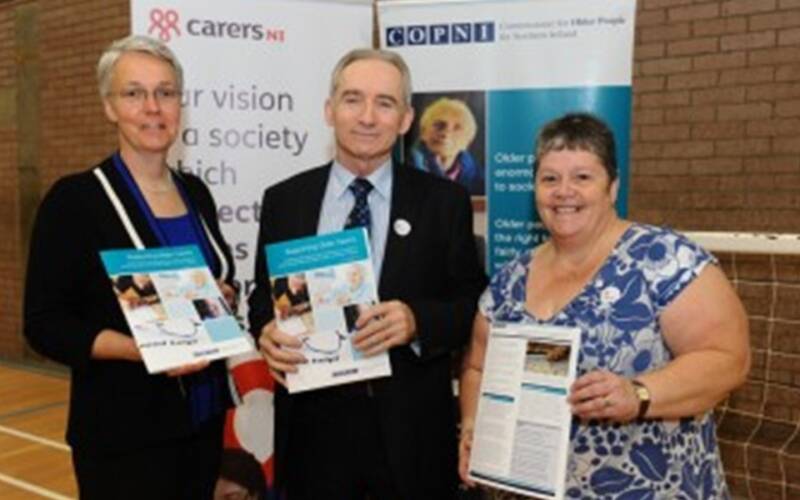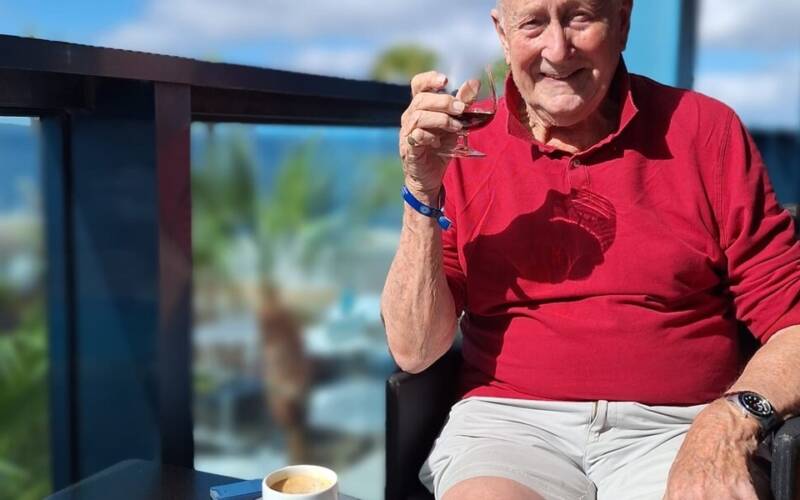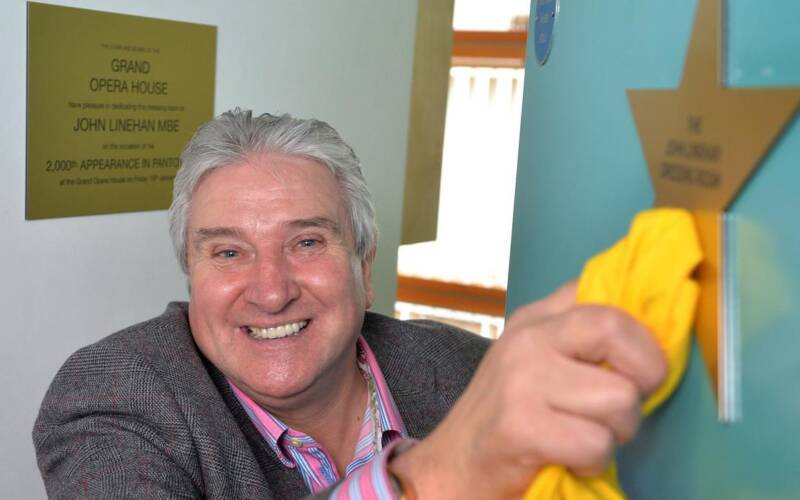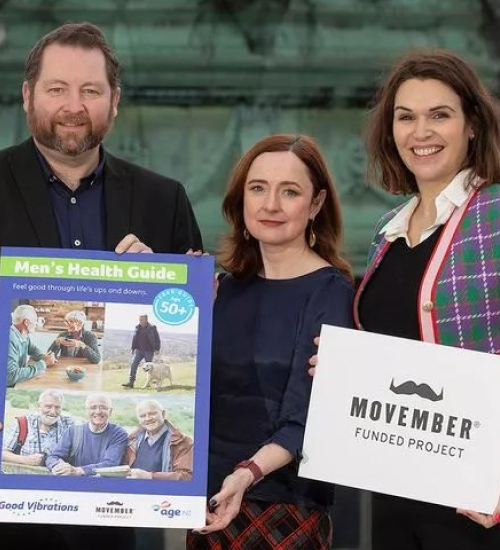The Commissioner for Older People’s report, entitled “Supporting Older Carers,” examines the reasons for low uptake of Carers Assessments by older carers in Northern Ireland, and highlights the need for government to do more to ensure their needs are assessed and met to help them in their caring role.
Northern Ireland is an ageing society and as many older people choose to live in their own homes for longer, the number of older carers is expected to increase. Older carers play a vital role in supporting others to live dignified and fulfilled lives in their own homes, and, despite providing around £1.02 billion to the economy in Northern Ireland through caring, many go without much needed support and respite which would help them in their caring role.
The research conducted by COPNI for the report shows that many older carers do not consider themselves to be carers, and so do not realise that there is support available to help them. Other older carers have told COPNI they didn’t see the value of the Carers Assessment as they did not feel that it would lead to any extra support, but instead saw it as a “paper exercise.”
Health and Social Care Trusts are legally obliged to make sure that carers are aware of their right to a Carers Assessment; however the report shows that 70% of older carers state that they had not been offered an assessment.
The Commissioner has made recommendations to the Minister of Health, Social Services and Public Safety, calling for targets to be put in place to increase the number of older carers receiving a Carers Assessment and to ensure that the necessary support is available. The full recommendations from the report are available by clicking on the links below.
Older carers cannot be taken for granted; they deserve to be provided with the information, practical, emotional and respite support they need. Increasing uptake of Carers Assessments will help identify what their needs are to help them in their caring role and ensure that appropriate services are in place to meet the needs of today’s and tomorrow’s older carers.




